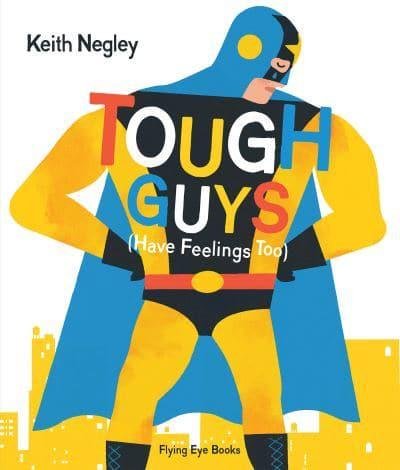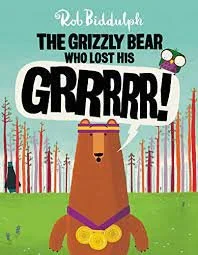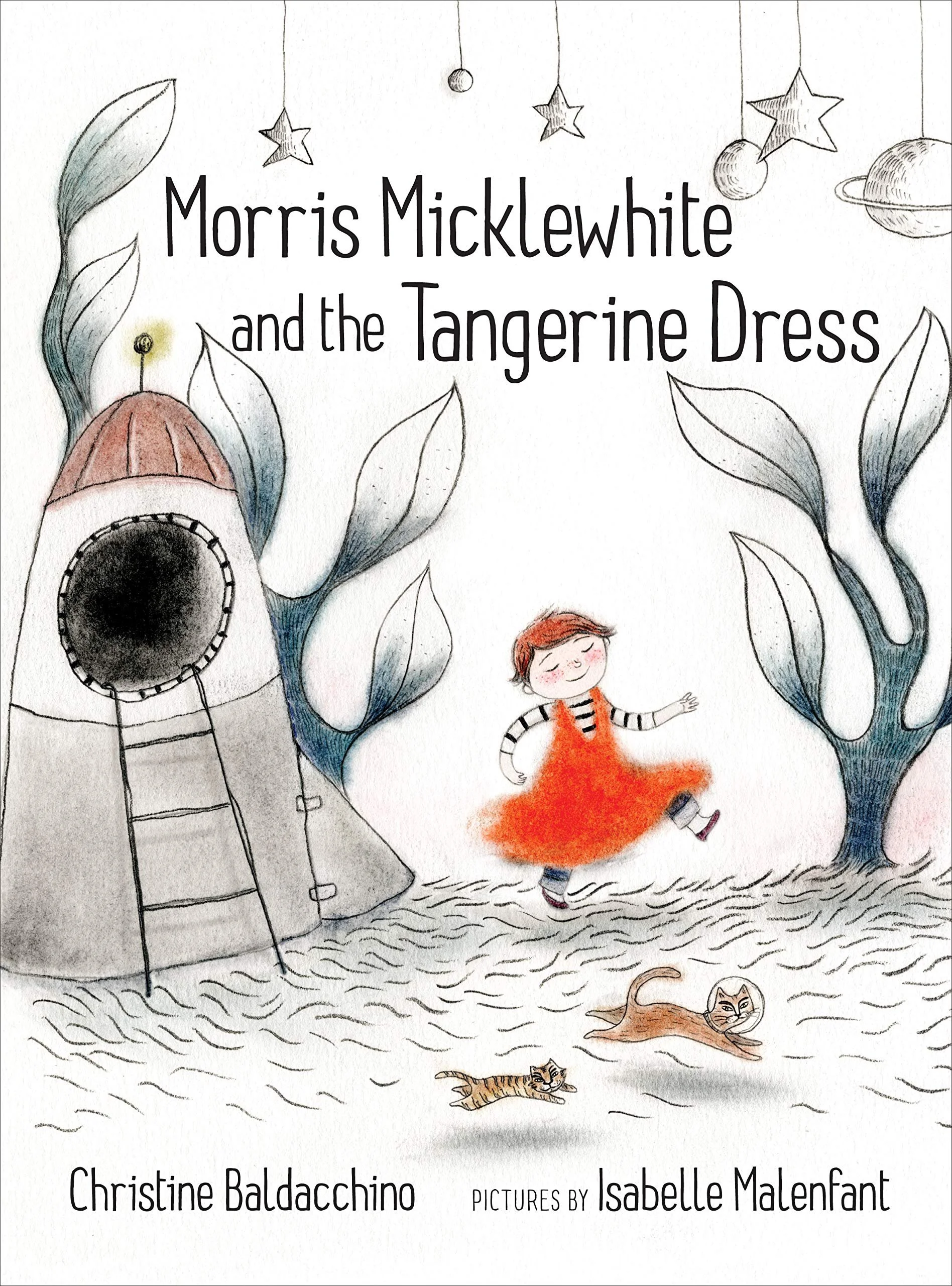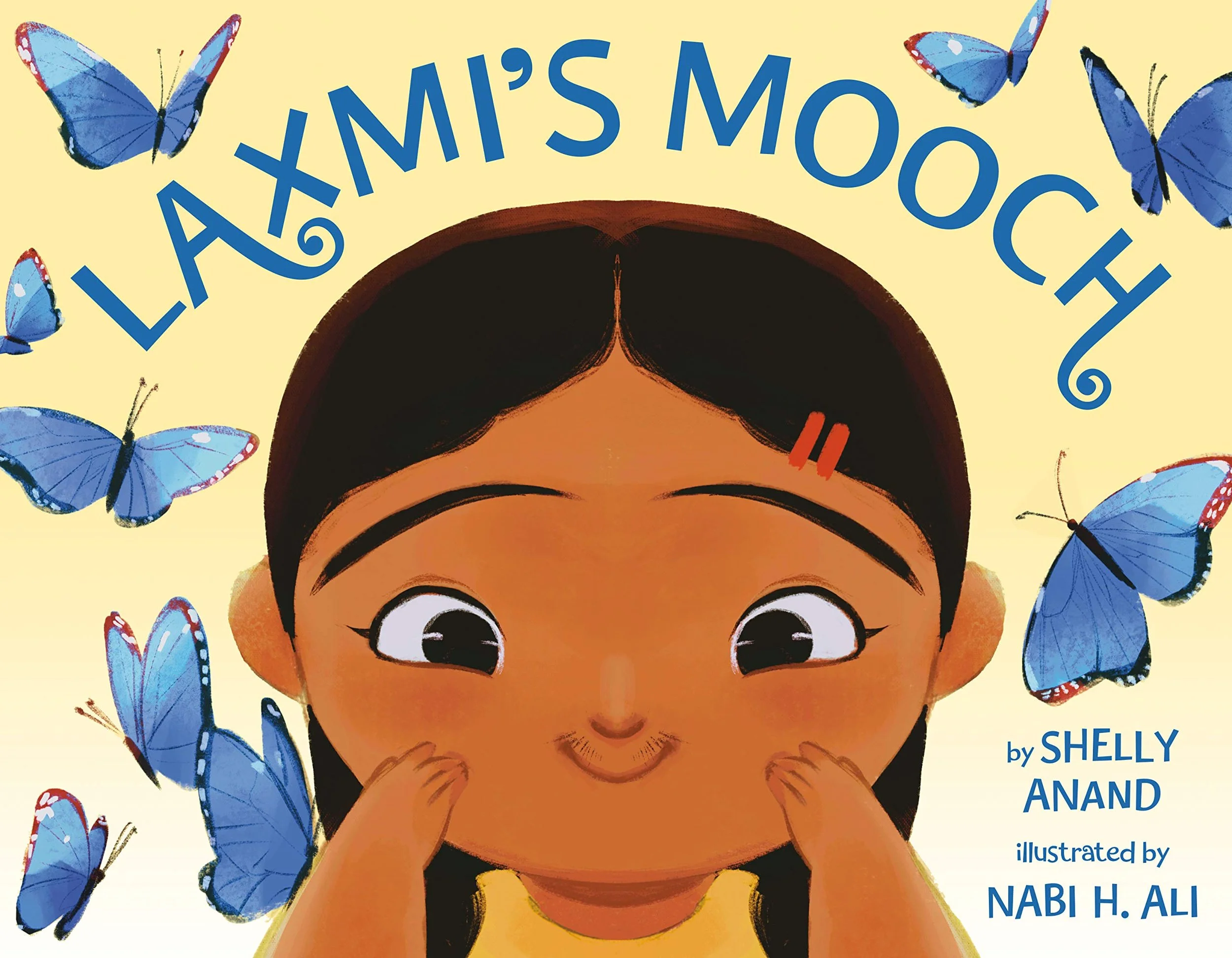On Beautiful Dreams that Cannot be Realized, Feminism, and the Tough Guise of Masculinity
How to describe this time? It is the broad and consuming failures of so many things. And the failure, too, of the tough guise of masculinity to make the world a better place. In The Book of Delights, Ross Gay writes in praise of many things, including an animated, in-love-with-the-world vulnerable Black masculinity. In part as a refusal of white supremacy’s obsession with Black suffering, and in part to make space for Black masculinity that is full of pleasure and love, Ross Gay speaks about many daily delights, including flowers, the sun, and the thrill of refusing a normative or tough masculinity. In a tradition that reminds me of picture books by Maya Angelou and bell hooks, because it is very visual and cinematic and characterized by a single object upon which children and adults alike can focus to grasp the idea, Ross Gay speaks about an infinity scarf that he is delighting in:
“[the scarf] represents a different relationship to an idea of masculinity I have inherited, and for most my life watered, which makes it a garden. A garden of rocks. . . . of . . . hypertension and . . . woe. For I kid you not, ten years ago I no sooner would have worn this purple plush thing around my neck than jump off a bridge. I mean, not quite, but you get me. Tied into this weird and imprecise moratorium on the pretty were surely currents, strong ones, of misogyny, and probably homophobia. It’s true, I often wore my long hair in cornrows with beads, but that sartorial affect represented some other intersection that did not scare me in the way this very cuddly scarf would have. I sometimes wonder how this happened, if there were very specific moments in my life – the older boys holding my hands and painting my nails; my mother regularly praising that she had sons instead of daughters; my father accidentally making me cry by squeezing my leg too hard after a joke and asking with disgust, Are you kidding? – that constituted a minor tilting of an axis. But no tilting of an axis is minor, as you know.
My youngest son so early internalized the tough guise of masculinity. At two, he refused to buy a paw patrol dog because it was pink. At 3, he refused to dance. This son tells me repeatedly about a time he was shamed at school by another child at preschool for wearing unicorn boots. The shamer was a girl – which is to say – all of us – and all of our children – are swimming in this toxic patriarchal culture together. In her beautiful tribute to the place of joy in suffering, Miriam Toew’s new novel Fight Night has a grandmother trying to keep her grandchild from getting too tough speaking to her about bioluminescence: “It’s one ability to create light from within, said Grandma. Like a firefly. I think you have that . . . You have a fire inside you and your job is to not let it go out.” Watching the tough guise of masculinity consume my children feels like watching that light go out, like watching a green and verdant garden turn to stone. There have been times (many today) I felt like howling. On his way out the door, one of my sons concluded our morning with an assertion of his definitive hatred for girls. And yet, watching my sons play together – and casually switch the crusts of their pizza (beloved by my eldest) for the cheese of the other (beloved by the youngest), I am reminded me of the fierceness of joy and reminds me of one of my favourite misquoted adages by Virginia Woolf: “For nothing was simply one thing.” Inspired by my brilliant colleague and friend Vanessa MacDonnell who asked me this excellent question: "how do we teach our children about patriarchy?" I offer up the following books all aimed at complicating and broadening masculinity.
Tough Guys Have Feelings Too
By Keith Negley
Image of a superhero in a yellow suite with a blue cape and red belt reading “Tough Guys (Have Feelings Too)”
I love this book. It should be required reading for every child, it is that important. When we talk about patriarchy and sexism in our house (where we have two boys), it feels important to put it in child-appropriate language that makes clear the terrible consequences of patriarchy for boys as well as girls. Since our boys are young, we don’t talk about violence and the effects of patriarchal violence, but we do talk about how girls are imagined to only care about pink things and being pretty and taking care of other people (emotional labour) and boys are told only to be tough and that they are not allowed to cry. In Tough Guys Have Feelings Too, Keith Negley does the skilful intersectional feminist work of pointing out that superheroes and ninjas are never shown crying. They are not shown experiencing grief. And they are never lonely. Negley does this subtly – he shows all kinds of tough guys crying – wrestlers crying before a big match from nerves or fear, astronauts who are lonely for their families, men crying from loneliness and disconnection as they prepare to face each other off in a duel, a superhero sitting alone on a building at the top of the world, eating alone. So too, are we shown that, “not everything works out,” as men cry after falling from horses, after being unable to find treasure, or from disappointment at failing to come first. Men cry from fear of monsters, from grief (a tough motorcycler mourns the death of the squirrel he hit), and from shame at being unable to complete a task. After all, as Keith Negley reminds us, “Everyone has feelings.” This fact is not welcomed by the supposed tough guise of masculinity. But it is true. Reading a sad book a few weeks ago about a lost dog, my youngest son began to cry and cry and cry. "I can’t stand it mummy," he said, "it hurts too much." And yet, I felt so glad to see the ice inside him melt. Let it all stream out, all the hurt feelings and rage and sadness. It is the stuff of us and the stuff of the world. And we are in this world, ourselves the stuff of stars.
The Grizzly Bear Who Lost His GRRRRR!
by Rob Biddulph
Image of a cartoon brown bear on a blue background proudly wearing a purple ribbon with 3 medals hanging from it. The image reads “Rob Biddulph The Grizzly Bear Who Lost HIs GRRRRR!”
This book is so excellent for young children. It features rhyming prose about a grizzly bear named Fred who every year wins a competition. Following all the ridiculous contests that we have for masculinity that make no sense - why oh why must we rank everything (the strongest, the fastest, the tallest – honestly, who gives a flying f***) - so too is bear masculinity ranked and measured. The contest for the amorphous “Best Bear of the Woods” is held every year. It has been determined that to be the bear of the woods one must catch fish, scare humans, and have the loudest GRRRR. And yet, that sad casualty of masculinity in bear world is again connection. It’s pretty hard to connect without sharing vulnerabilities and vulnerability too often has no place in masculinity. Thus, although he may be bear of the woods, Fred has no friends. As he says: “Who needs Jemimas or Davids or Sophies. My friends are my prizes, my medals, my trophies.” As chance would have it, an interloper named Boris the Bear arrives in town and promptly steals Fred’s grrr. The day of the contest dawns ominously, with his grrr stolen.., however will Fred win? All of the animals offer their help. Like Ross Gay above, Fred manages to overcome a masculinity that never deigns to accept help or stop for directions, and accept help from his friends. As the ultimate moment of the “Best Bear in the Wood” contest arrives, when Fred opens his mouth to grrr, no sound comes out. But his grrr is still the loudest, because all of his friends open their mouths and help Fred to grrr: “What an extraordinary state of affairs! Fred lost his GRRRRR, but his helpers found theirs.” Fred and his pals then realize Boris the new bear has stolen Fred’s grrr. And Boris vulnerably confesses while weeping: “I’m new here, you see, and I live all alone. I don’t really have any friends of my own. I hope that if people thought I was a winner, then maybe, sometimes, they might come ‘round for dinner.”
I am moved by these words. I cannot tell you how many ridiculous dinners I have sat through with white male academics, endlessly bragging about their achievements, talking past one another and over the women, while zero possibilities for connection are had. The truth is masculinity in its current state remains a fundamentally lonely business. We all need to be seen, and the tough guise of masculinity impairs and ruptures this possibility. We urgently, urgently needs books like these to change the narrative.
[With thanks to my wonderful colleague Dr. Manjeet Birk for this book recommendation].
Morris Mickelwhite and the Tangerine Dress
by Christine Baldacchino
An image of a red-headed boy in a striped shirt and bright orange dress with two cats prancing beside him. Also pictured is a spaceship with a ladder, seaweed, and stars and planets hanging from the ceiling. The image reads “Morris Micklewhite and the Tangerine Dress by Christine Baldacchino and pictures by Isabelle Malenfant.”
I have previous written about Julian Is a Mermaid, that tribute to little boys who want to revel in the beauty of femininity. Morris, like Ross Gay and his purple scarf, refuses the moratorium on femininity. Morris loves lots of things: his mother’s beautiful hair, elephants, and a tangerine dress that reminds him of the sun. The dress goes swish swish swish when he walks and crinkle, crinkle, crinkle and his favourite shoes to wear with it go click, click click across the floor. In this way, Morris reminds us of the sensory delights of femininity. Additionally, children who have ASD as well as any children who particularly delight in sensory experiences will love this book. Of course, the girls and the boys both tease Morris. In particular, “Becky tried to pull the dress right off his back. ‘You can’t wear it! You’re a boy!’” Morris struggles and struggles through the week, and finally, “On Friday, Morris pretended he had a tummy ache. When he thought of all the kids in his class and all the mean things they did and said, his tummy ached for real.” In an unlikely and uplifting end, Morris decides to go back to school and go ahead and play his own way, and eventually the other boys decide they want to play with him more than they want to worry about who is a real boy. Oh, boy stuff and girl stuff. I remember my son coming home the first week of school. All week I’d sent him with a pink water bottle that he’d used every day in preschool. And he said to me “Mummy, I tried so hard to hide the water bottle, but finally another kid saw it, and I knew, I just knew they would ask me, but when she finally saw it, she said, “what are you, a girl?”
And into his very soft hair I felt like I breathed a silent prayer, let Julian is a Mermaid and Morris Mickelwhite be the signposts through this painful time. And I said, “maybe figuring out how it feels good to be a boy for you will be your next life adventure.” And my son, wise to my penchant for the cognitive reframe, said “Mummy, if you say the word adventure one more time I will eat you alive.”
Laxmi's Mooch
by Shelly Anand, illustrated by Nabi H. Ali
Image of a dark-haired, medium brown-skinned girl with two braids and bright eyes against a yellow background with blue butterflies reading “Laxmi’s Mooch by Shelly Anand, illustrated by Nabi H. Ali.”
This post wouldn’t feel right without a tribute to female masculinity, or really, a tribute to the impossibility and complexities of femininity and masculinity under patriarchy. Here is a book not dedicated to tomboys and female masculinity so much as the how femininity and masculinity are racialized, gendered ideals that are impossible to ever attain. If you meet the conventions of racialized and classed femininity, you are likely trying too hard and care too much about how you look, and if you don’t, you are a failure. Here to treat the hostile waters between this Scylla and Charibdis comes this wonderful, incomparable book Laxmi’s Mooch. Laxmi is playing animals with her friends and has decided to be a farm animal. She wants to be a chicken, but her friend tells her she should be a cat because she has whiskers just like a cat. Laxmi is shamed, and her cheeks grow “as hot as a bowl of Mummy’s steaming aloo gobi.” All day, Laxmi starts noticing all the hair on her body, and when she gets home, she can barely stand it, and bursts out that the kids were calling her hairy. “I have hair all over my body. I have a mooch.” “I also have a mooch” says her mom matter-of-factly. “But mummy, I thought mooches were just for boys.” Her mother corrects her, no! “we come from a long line of women with moochay,” from empresses and villages girls to city girls. Reassured, Laxmi heads back to school. Instead of playing farm animals, she suggests they play jungle animals, and that she be a tiger with her mooch. Then Laxmi and her friend Zoey decide to inspect the class and draw mustaches on all the kids (including all the boys) who do not have them. All the kids line-up for Laxmi’s “world-class mooches.” There’s a great read-aloud with the author Shelly Anand, who shows off her mooch at the end of the video.
“It doesn’t make sense!” says my eldest son often, for whom the rules of the world are even more nonsensical than they are for the rest of us. Waiting in traffic “doesn’t make sense,” eating “vegetables when they are disgusting doesn’t make sense." And so too for him, it is nonsensical to him that being a boy means you can’t cry and you can’t like anything pink. And I could have explained to him about vulnerability and its attendant fears, or about the way that pretending we don’t care might make us feel safer even though we are no safer, but instead I said simply, “you are so right. It makes no sense.”



